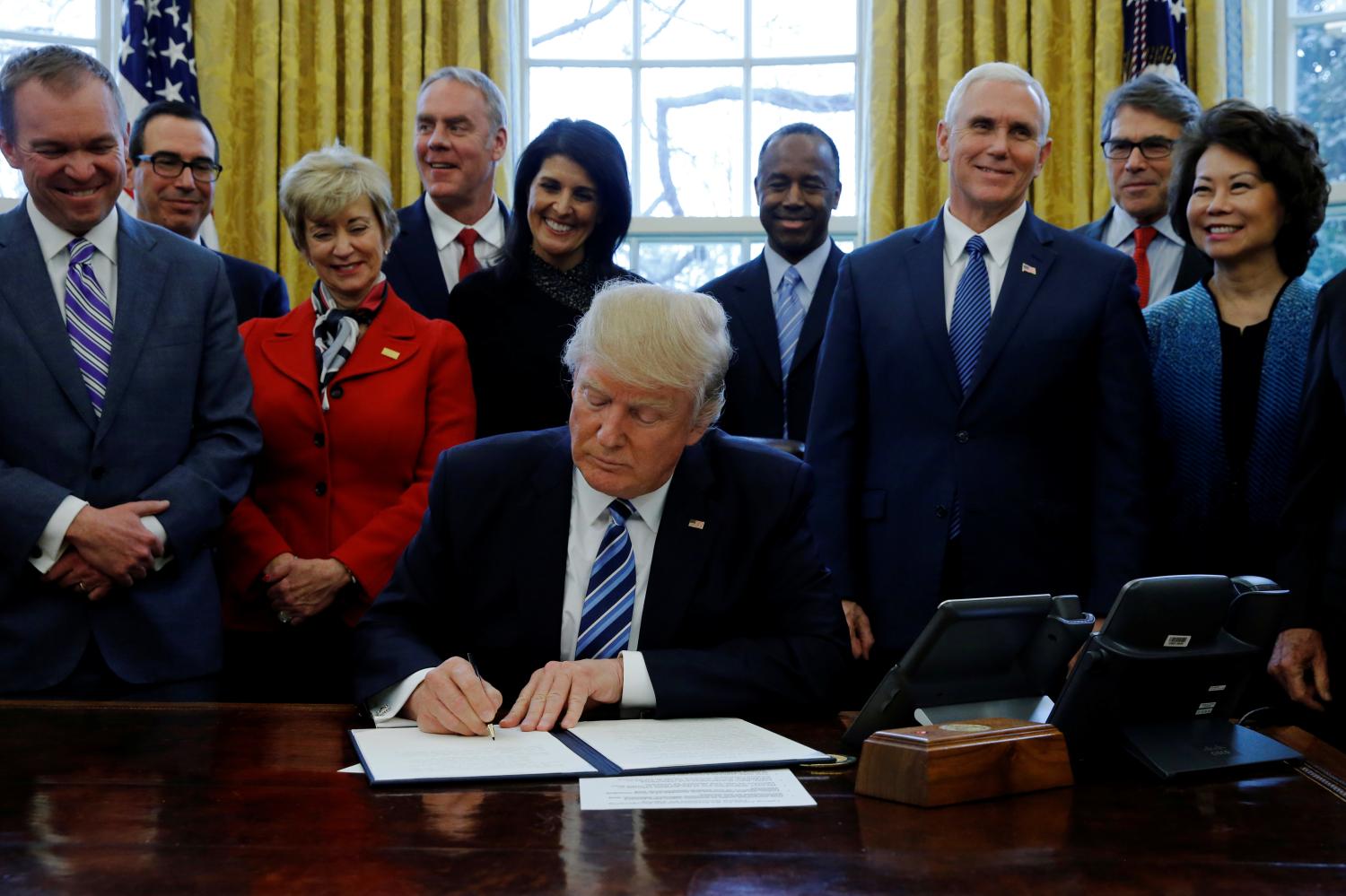Executive Summary
During the past two years, public perceptions of global warming have shifted significantly in the United States. A number of 2007 national surveys reveal that Americans increasingly acknowledge global warming’s existence and believe anthropogenic factors are its cause. Another national survey in spring 2008 shows that the number of Americans who believe that there is significant evidence of global warming may have declined. These shifts in public opinion have been widely discussed in the media and academia, but little is actually known about what drives individual views on global warming. Do personal experiences impact views (e.g. hotter temperatures in their state)? Does existing evidence presented in national media (e.g. melting glaciers), scientific projections (e.g. computer modeling), dramatic experiences (e.g. disastrous hurricanes or award-winning films), or some combination of these factors influence public beliefs?
This report, the first of a two-part series, seeks to measure the relative impact of an array of factors on individual perceptions of global warming. Results from a telephone survey of 1,500 individuals in multiple states indicate that individual experiences and existing evidence influence belief in global warming more than scientific projections or single event occurrences such as Hurricane Katrina. Numerous individual characteristics (e.g. partisan affiliation, gender, age) also affect belief in global warming A later report, which draws from this survey analysis, will examine public receptivity to a range of policy options available to policymakers at both federal and state levels.
The Brookings Institution is committed to quality, independence, and impact.
We are supported by a diverse array of funders. In line with our values and policies, each Brookings publication represents the sole views of its author(s).




